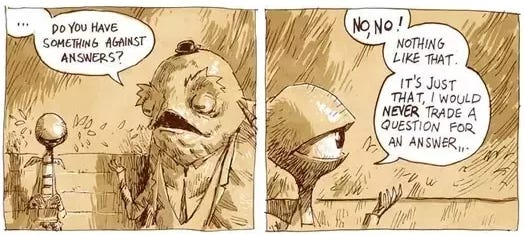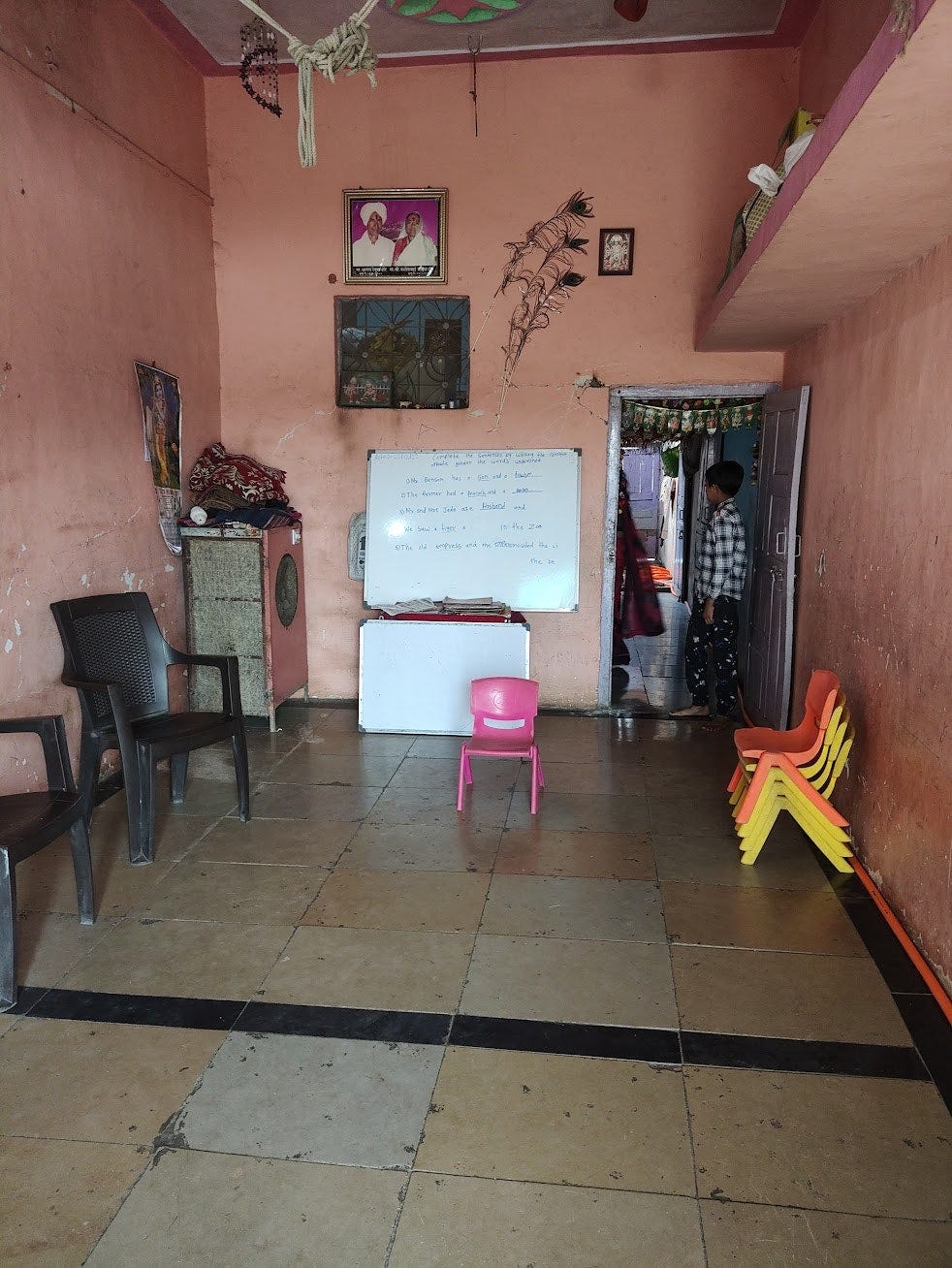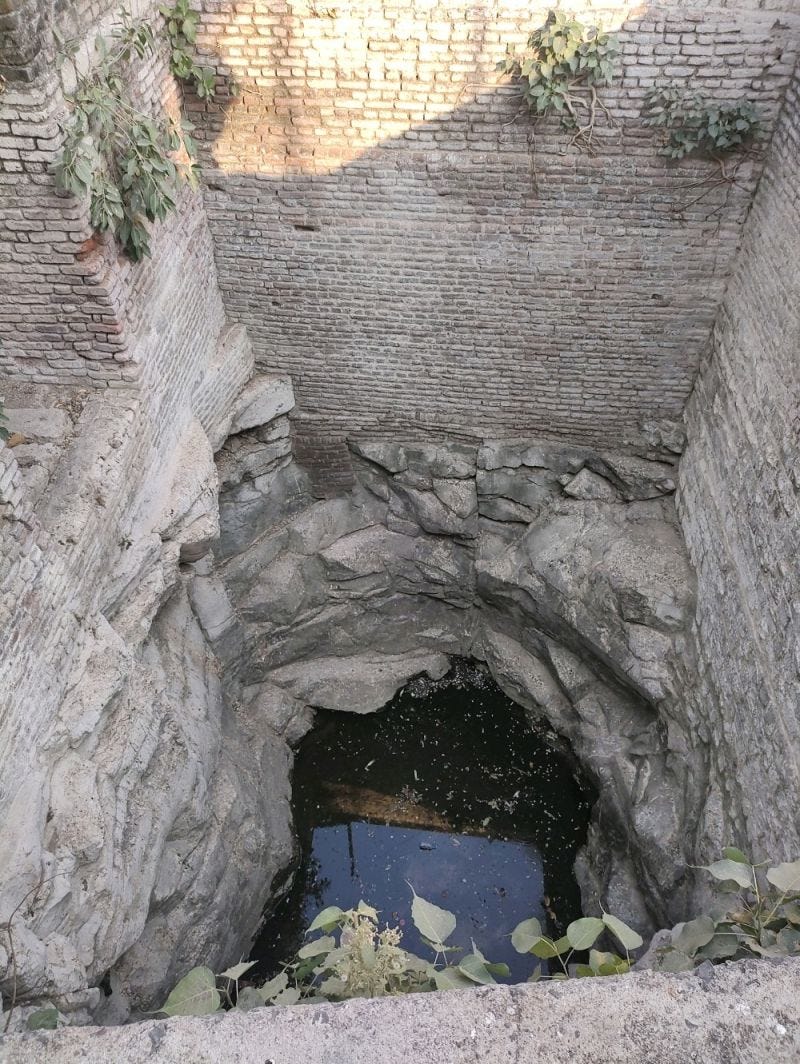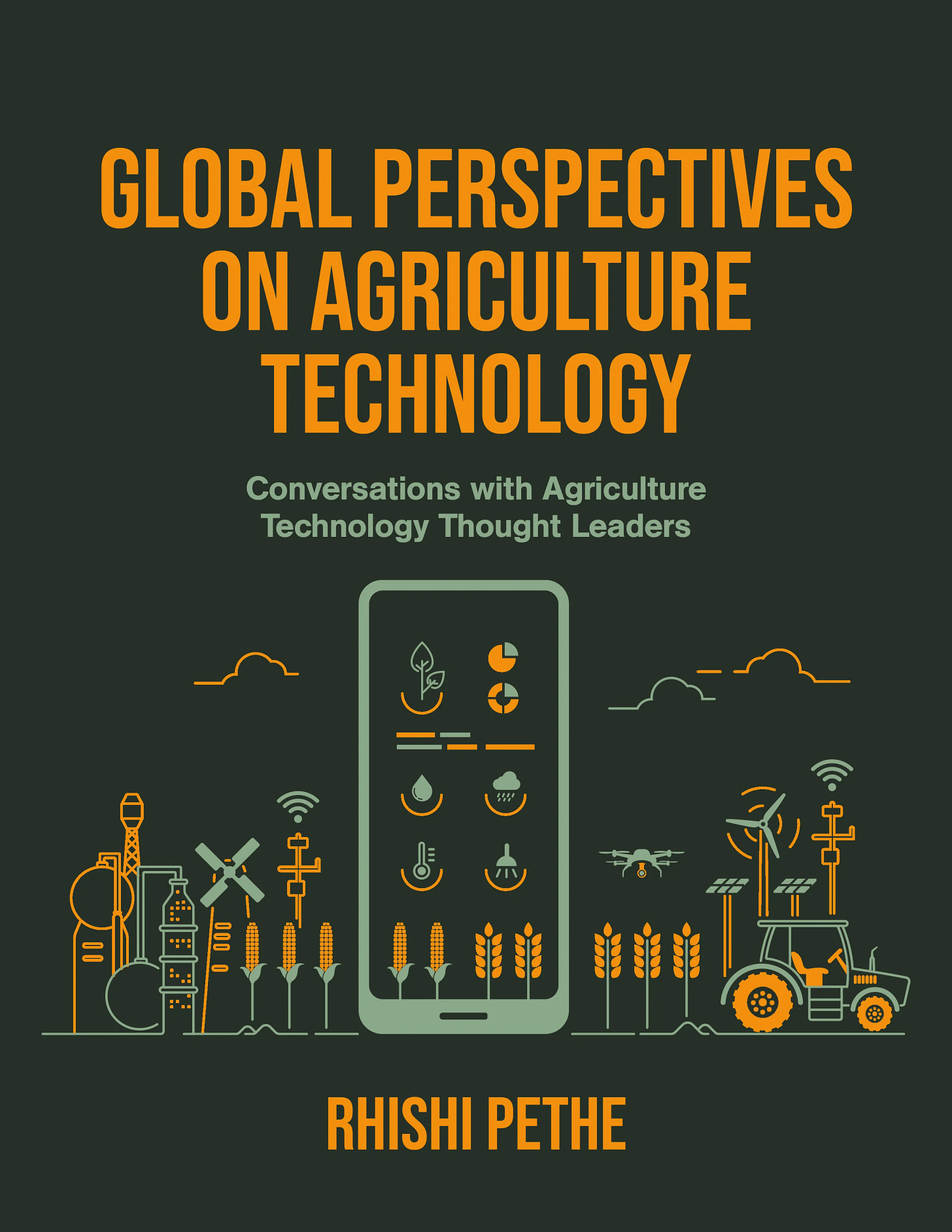Saturday Sprouting Reads (Agriculture =/=!Business, Derelict Wells, Fertiliser Prices)


Hi Friends,
Greetings from Hyderabad! Welcome to the March fortnightly edition of Saturday Sprouting Reads!
My name is Venky. I write Agribusiness Matters every week to grapple with vexing questions of food, agribusiness, and digital transformation in an era of Climate change. Feel free to dig around the archives if you are new here.
About Sprouting Reads
If you've ever grown food in your kitchen garden like me, sooner than later, you would realize the importance of letting seeds germinate. As much as I would like to include sprouting as an essential process for the raw foods that my body loves to experiment with, I am keen to see how this mindful practice could be adapted for the food that my mind consumes.
You see, comprehension is as much biological as digestion is.
And so, once in a while, I want to look at one or two articles closely and chew over them. I may or may not have a long-form narrative take on it, but I want to meditate slowly on them so that those among you who are deeply thinking about agriculture could ruminate on them as slowly as wise cows do. Who knows? Perhaps, you may end up seeing them differently.
Saturday Sprouting Reads goes out to 28.5 K+ curious agribusiness readers across the globe.I am accepting requests for unconventional content sponsorship experiments from contrarian agritech startups chasing the holy grail of sustainable impact. Do write to me if you want to collaborate. Is Agriculture A Business?
Agribusiness Matters has a longstanding relationship with questions that could be summed in this beautiful comic strip.
Last week, after I asked the question, “Is Agriculture a Business?” without necessarily answering it, a reader wrote to me an interesting comment about the maudlin sentimentality with which we view farmers.
Is it an expression of unacknowledged guilt?
“…I think this maudlin sentimentality comes partly from our innate understanding that Indian society is unfair and we are helpless/unwilling to make it fairer especially if it threatens our privilege. Farmers are one of the most visible actors of this unfair system, especially to the urban elite. So, this expression of sentimentality is merely an exchange to alleviate our own guilt.
Secondly, if agriculture is to be treated as a business, with no subsidies for groundwater, electricity, farm equipment, seeds, pesticides, etc, and with no MSP, etc. it would first necessitate three conversations:
1) That other businesses in India operate efficiently without any state support
2) That the Indian State operates efficiently with functioning laws and institutions
3) That the Indian State can successfully move agriculture as a business with minimum risk (else its just an unimplementable idea like so many others)
Agriculture still accounts for large employment, especially in several states, and certainly in several districts. Supporting Farmers is just another way of keeping the plebeians in check similar to the Colosseum. Their unrest is just not worth the headache.”
Earlier this week, I was traveling around the villages, meeting farmers and retailers in the western part of the country. And so for this week’s Sprouting Reads edition, I only have a few vignettes to share.
Farmers lead multi-hyphenate lives.
This is the house of Dr. Gajanand Dore, a farmer in whose house I was served a lovely breakfast (of tapioca) along with his genial smile.
He has been practicing Unani medicine for the past 14 years, runs a school of 50 children with two teachers, including his wife, and has gotten a good turmeric harvest during this season.
Now, why am I sharing his story?
Most farmers' credit assessment models are activity-driven and don’t take into account the family as a unit of agricultural production.
Most farmers in this country avail themselves of credit from both institutional and non-institutional sources. Ground experiences indicate that while the wife manages consumption-driven lending from non-institutional sources (read as middlemen), the husband manages machinery and infrastructure-focused lending from institutional sources.
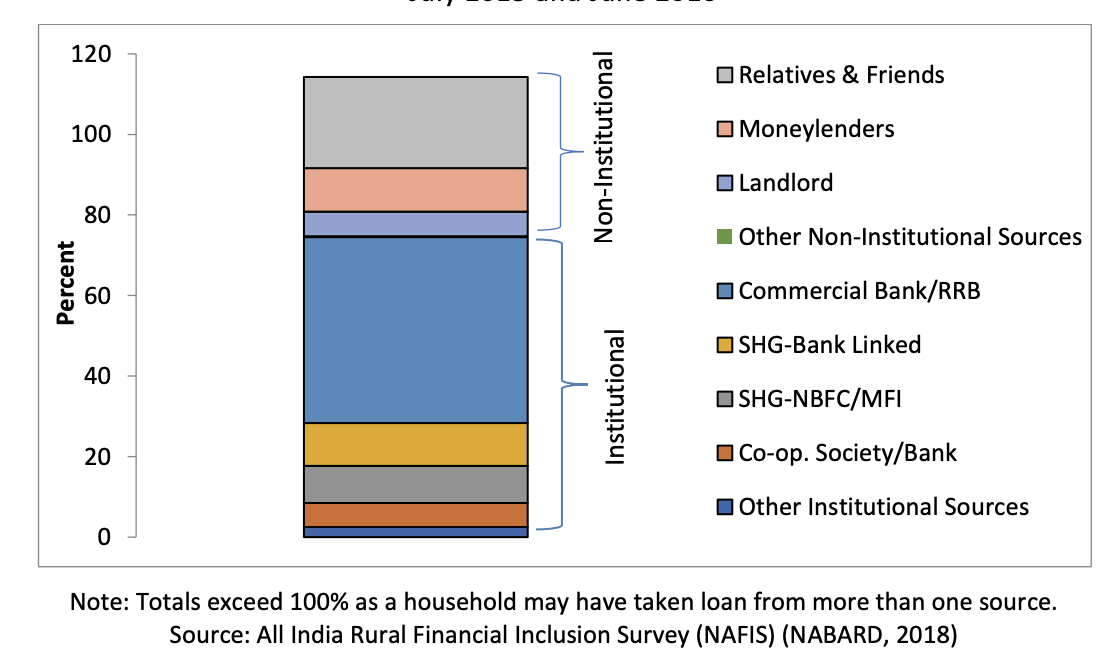
How do you build credit assessment models that take into account the family as a unit of agricultural production?
I plan to delve into this later.
Every well has a story.
I spotted this derelict well inside a temple. In India, every well, if you talk to locals, has a mythology that is tied with the village’s customs and practices.
During my travels, I spotted more than 3+ derelict wells. Almost all of them had the same story.
This god, who resides in the well, was a kalpavriksh [the wish-fulfilling god]. She offered us everything and more. Whatever we offered in obeisance, we got more than what we offered.
In this village, our prayers were incomplete without praying to these well gods.
Now gods have left these wells as we have become 'corrupted'.
Can we rediscover the mythology of these traditional water systems?
It’s obvious that the Russia-Ukraine crisis is going to affect fertilizer prices as Russia is the world’s second-largest Potash producer (after Canada).
During my travels, I shot a video with Vikas, an agri-input retailer in the Hingoli regions, in Hindi, about the likely impact of fertilizer prices. It led to an interesting conversation in this thread.
Vikas Surve is an agritech professional turned agri-input retailer. He has worked with startups like BharatAgri (My take on Bharatagri for subscribers$), Ninjacart (My take on Ninjacart for subscribers $) in the past.
One fine day, he decided to quit his job and join his family's agri-input retailing business. It was refreshing to hear his views and I plan to write about them in detail in the upcoming edition on the third wave of agri-input retailing.
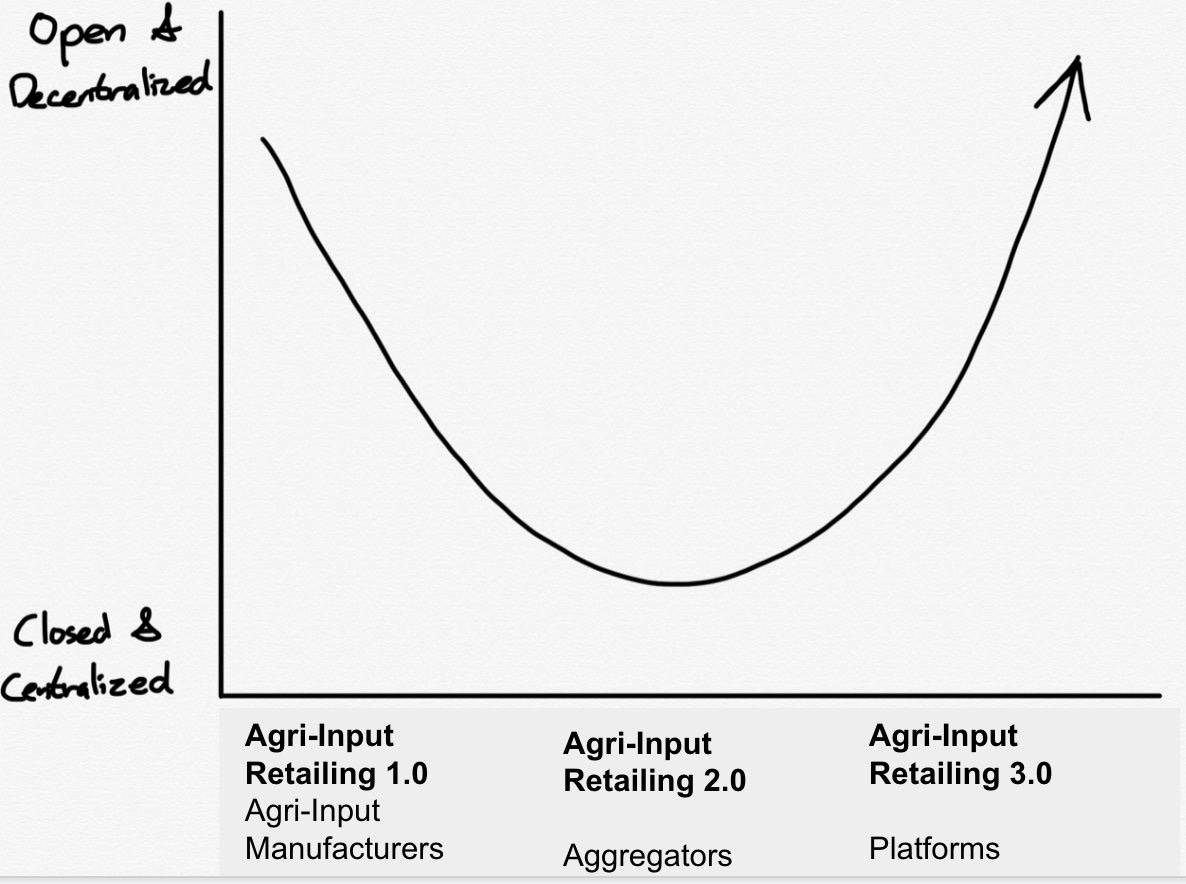
<Plug for Rhishikesh Pethe’s Book:>
When tech strangers from different countries meet at a bar, I bet you can start off a conversation in no less than a minute.
When agritech strangers from different countries meet at a bar, well, you will take time to set the context- you will first talk about your country's history, the current political scene, and its downstream effects on the agricultural policy scene….before you start talking about agritech.
In December 2020, my agritech analyst colleague in trade, Rhishi Pethe, Creator of Software is Feeding the World, interviewed me during the peak of India’s farmer protests that rocked the entire country.
Rhishi Pethe has been gracious enough to include my interviews in this insightful collection of curated 12 interviews of agritech professionals {I hate the term “Thought Leaders” with every fiber of my being] across the United States, Asia, China, and Africa.
When you read these global perspectives and contrast them across different contexts, you appreciate the complexity of agriculture better. You expand your scope of what is possible in our collective endeavors to design sustainable and equitable food and agricultural systems of the future.
And here is what Rhishi promises to do with the book sales:
I will donate ALL proceeds from the book (minus taxes, transaction fees etc.) to a non-profit or charity, working to improve the lives of people working in our food and agriculture systems. I will match the first $ 1001 of sales dollar-for-dollar with my own money.
You can buy the book to get a whiff of the plethora of agricultural systems across the world and also feel good about having bought the book.
So, what do you think?
How happy are you with today’s edition? I would love to get your candid feedback. Your feedback will be anonymous. Two questions. 1 Minute. Thanks.🙏
💗 If you like “Agribusiness Matters”, please click on Like at the bottom and share it with your friend.



